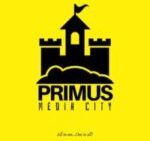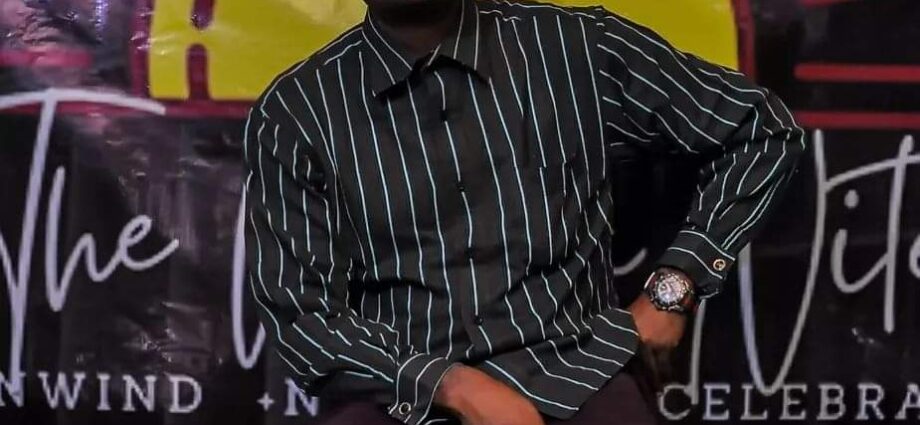
In the media industry, determining the ownership of broadcast concepts often comes down to the specifics of contractual agreements, not personal sentiment. Broadcasters and media houses can avoid disputes by understanding the legal frameworks that govern intellectual property rights, according to a recent analysis by industry expert Tony Rowland Awobode, also known as Don T.
Awobode highlighted four primary scenarios that typically determine the ownership of broadcast content. First, in a Work-for-Hire Agreement, the media house typically owns the rights to concepts developed by the broadcaster as part of their job. This is the most common situation, as many broadcasters work under such agreements.
Second, in cases of Joint Ownership, both the broadcaster and the media house may share the rights. This usually applies when the broadcaster played a significant creative role in developing the program, but the media house provided the necessary resources. Factors like a broadcaster’s status as an on-air personality and the popularity of their independently created concepts also come into play.
The third scenario arises if a broadcaster develops a program independently, outside the scope of their employment. Here, the broadcaster may retain ownership—provided that the media house did not finance, produce, or promote the program. This is a less common situation, but it can lead to disputes if not properly clarified in contracts.
“To avoid disputes, it’s essential for broadcasters to clearly define ownership rights in their employment agreements or negotiate terms if they intend to retain ownership of their program concepts after leaving. Many media practitioners are not well informed and act on sentiment.” He added.

